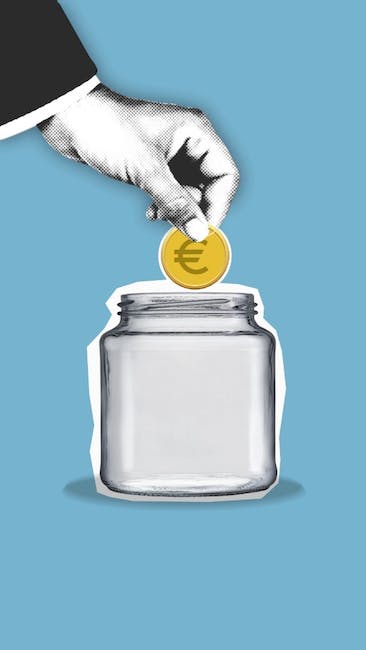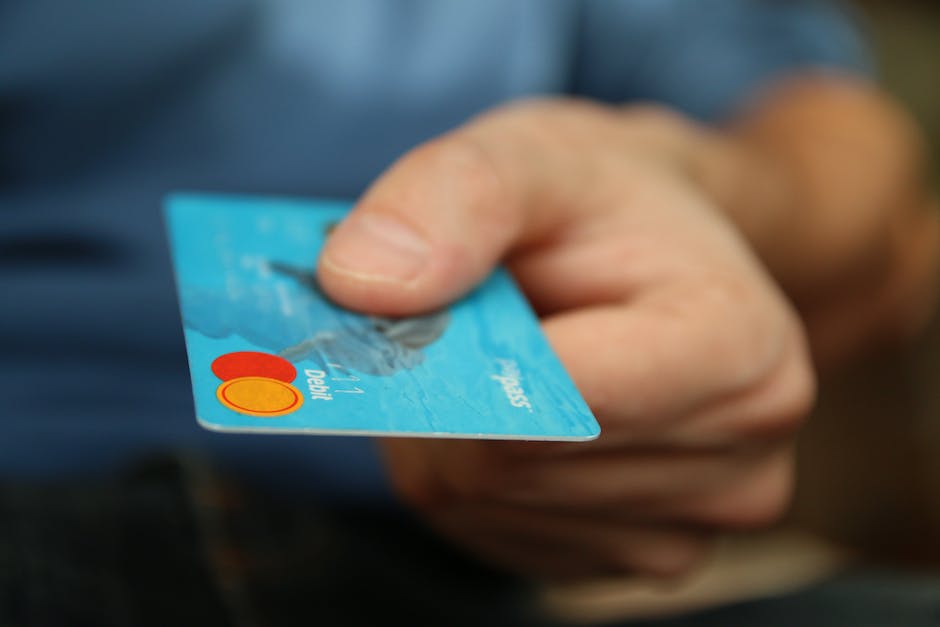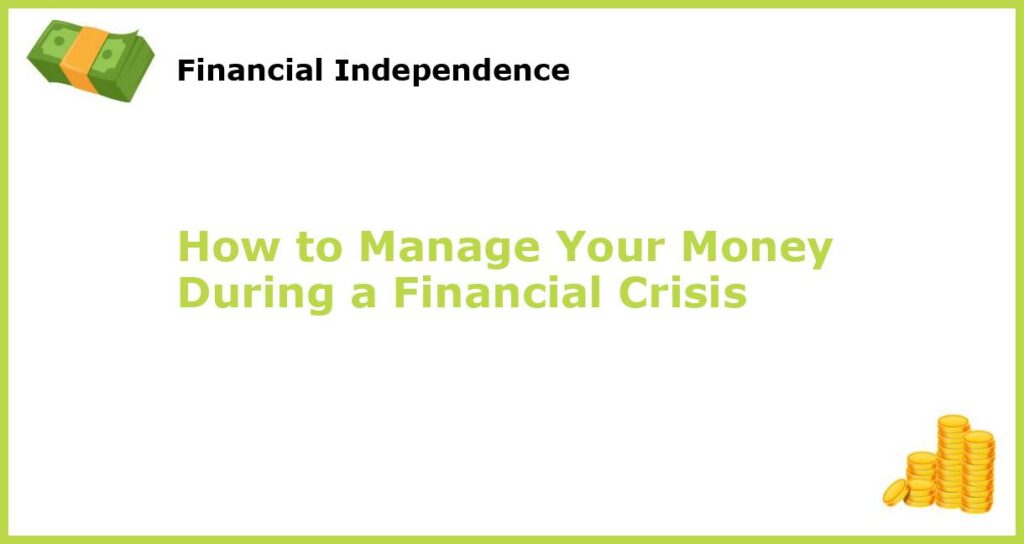The current pandemic has taken a considerable toll on people’s finances worldwide. People have lost jobs, seen pay cuts, or had their businesses suffer. Managing finances during tough times can feel impossible, but it is necessary to make some tough decisions, cut back on spending, and sometimes make significant changes to your lifestyle. Here are ten tips that can help you manage your money during a financial crisis.
1. Track Your Expenses
The first thing you need to do is know where your money goes. Tracking your expenses is crucial in understanding your budget and looking for ways to cut back. You can use budgeting software or simple apps, or even a paper and pen will do. Make a list of fixed expenses every month, such as rent or mortgage, utility bills, groceries, and transportation costs. Moreover, list down discretionary expenses, which are not necessary and can be reduced, such as going out to eat or buying a new outfit. For the first few months, you might be surprised where your money goes.
2. Prioritize Your Bills

It is important to understand the difference between essential and non-essential bills. Priority should always be given to those bills that represent essential services needed to maintain a basic standard of living such as rent, utilities, and food. While things like cable or streaming subscriptions should be considered non-essential and can be put on hold for a while.
3. Look for Ways to Increase Your Income

If you lose your job or have a reduced income, your first thought should be, “How can I increase my income?” Don’t wait for a job to come your way; consider part-time jobs, freelancing, and the gig economy. Furthermore, selling things you don’t need is a great way to make a few extra dollars. Online marketplaces make it easy to sell items such as clothes, appliances, and furniture.
4. Reduce Your Debt

Pay off those high-interest rate debts first. This may free up money you could then use to pay off your debts quickly. If you have multiple debts, get organized and create a plan to pay off one debt at a time. For example, credit card debt can lead to astronomical amounts of interest, making it hard to get to a zero balance. You can explore programs that offer lower rates or transfer balance options to other cards with low-interest rates.
5. Save Money on Everyday Expenses

It’s always important to look for ways to save money, but during a financial crisis, it is essential. Always look for bargains and buy generic brands instead of branded ones. Cut out discretionary expenses, such as eating out, buying coffee, or taking a cab when you can walk, and invest in a small coffee maker. Plan meals in advance and cook in bulk for the week so that you save on food costs. A little goes a long way.
6. Build an Emergency Fund
You never know when you might encounter an emergency such as medical bills or unexpected repair costs. That’s why it is essential to have an emergency fund of three to six months’ worth of living expenses. You won’t have to worry as much if you have an emergency fund at hand. Building an emergency fund will be a gradual process, so start setting set aside a small percentage of your income today and watch it grow.
7. Cut Back on Non-Essential Expenses
You must be honest with yourself and see which non-essential expenses you can let go of. This could mean canceling subscriptions, such as streaming services or gym memberships. Consider downsizing your home or moving to a smaller apartment, and consider selling your car and using public transportation more often. While this might not be convenient, eliminating these expenses can help stretch your budget in the long run.
8. Seek Professional Advice
Debt and money management can be complicated, so it’s essential to seek professional advice. Financial planners or agencies can help you navigate tax codes, debt consolidation, and saving money on fees. It’s crucial to find a financial advisor or planner who understands your unique financial situation and can offer help according to your goal and where you currently are financially.
9. Avoid Taking on New Debt
You don’t want to add to your current debt during a crisis. You don’t want to open a new credit card or take out personal loans, which can lead to more interest and additional fees. Unless you can pay off your credit card in full at the end of the month, consider putting it off to avoid more unnecessary hassle.
10. Stay Positive and Focus on the Future
The most important thing is to not let the crisis take a toll on your mental framework. Do not forget that challenging situations are not permanent, and perseverance through difficult times can lead to growth opportunities. Stay positive about your strategies, stay persistent in your planning and build a future for yourself where financial difficulties are more manageable.







